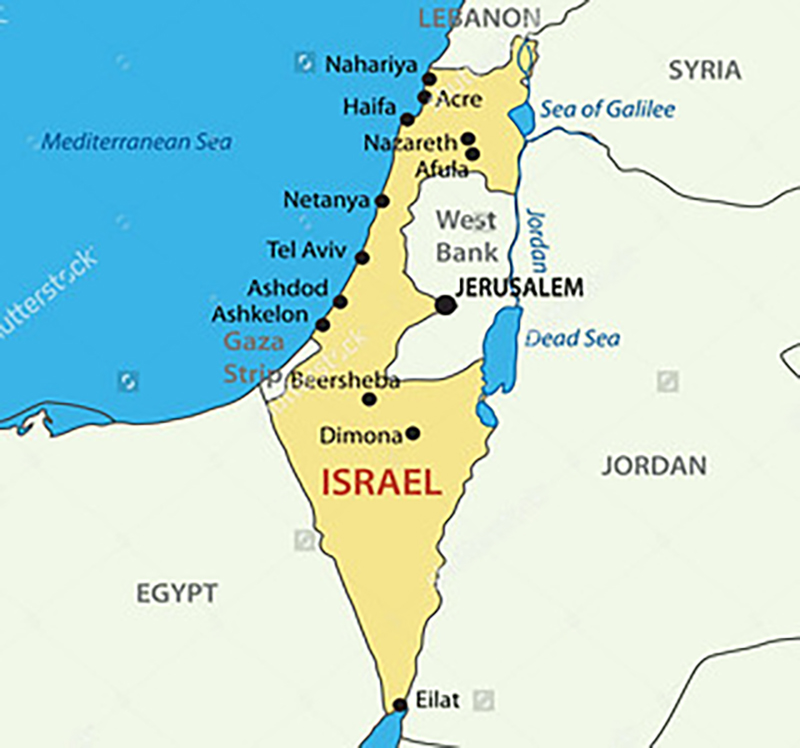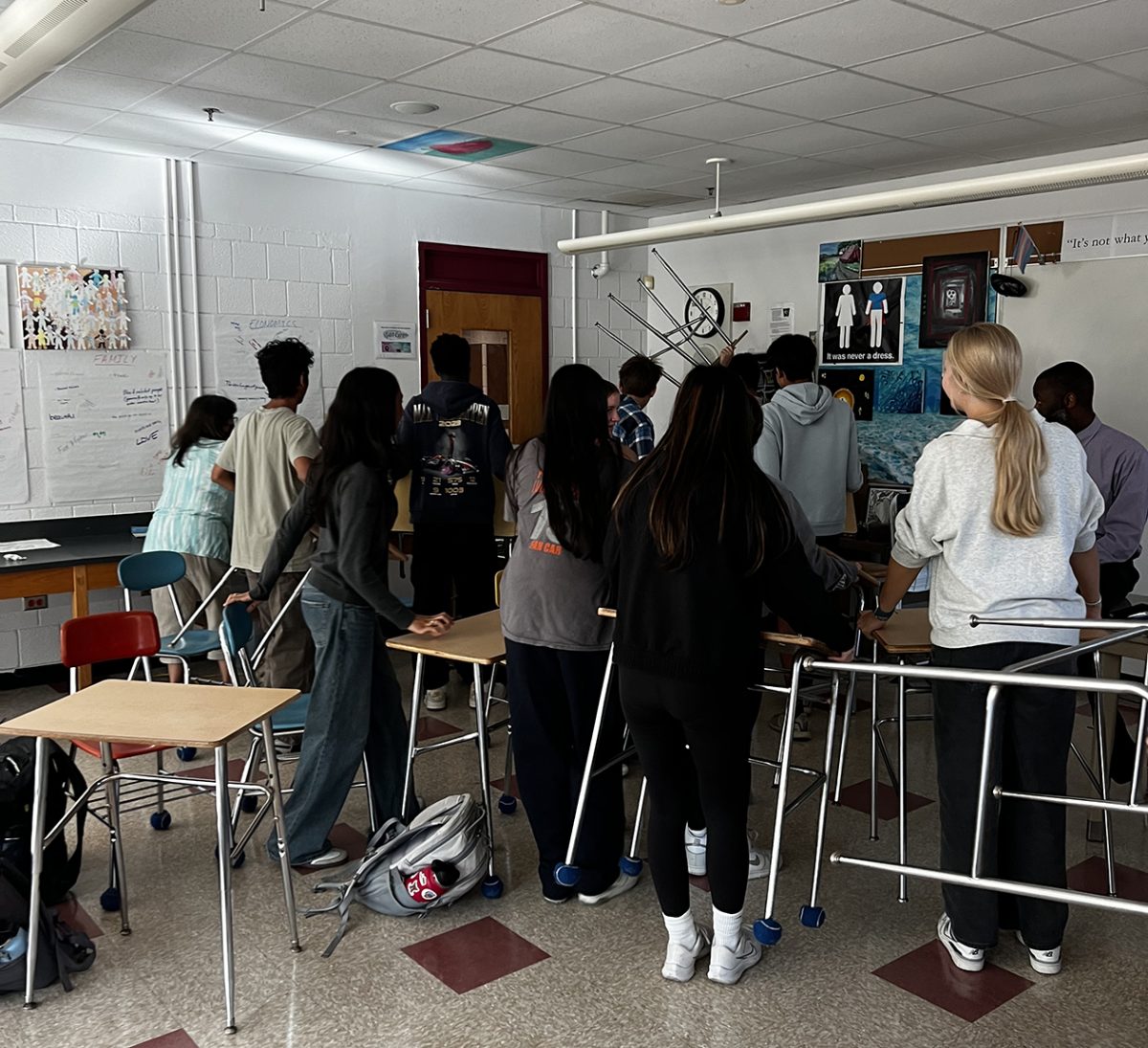Acts of hate cause huge effects on the world, and proof of this can be seen in the humanitarian crisis in Israel and Gaza. From mass atrocities perpetrated by terrorist groups to common people expressing bias and discrimination, these are all acts influenced by hate. Hate is a strong emotion that affects many people and situations across the globe, and despite their differences, hate will always have a negative effect in many emotional and environmental ways.
The Hamas attack on Israel on October 7, 2023 was devastating. It cost many innocent Israeli citizens their lives and completely destroyed their sense of safety. Over 1,200 Israelis were killed, including about 360 people who were attending a music festival. As of August, over 40,000 Palestinians in Gaza have been killed. According to the UN, around 70% of the dead in Gaza were women and children, with 80% of confirmed deaths occurring in housing complexes.
In the Israeli-Hamas conflict, Hamas feared what the state of Israel would do to the Palestinian people, which led them to express and act on views founded in hate.
“[The land that makes up Israel] was seized by a racist, anti-human and colonial Zionist project that was founded on a false promise,” according to the Hamas’ charter. This quote demonstrates hatred against Israel and is based on a skewed view of history.
The problems in Gaza, however, are not all caused by Hamas, and the humanitarian crisis is worsening daily due to Israel’s bombing and destruction of resources. Currently, there are no functional hospitals on the Gaza strip. No matter who you personally believe the land belongs to, everyone no matter their religion, race or where they come from, should have access to basic human needs such as critical medical care. Thus the hatred that started this conflict continues to generate more death, destruction, and erosion of human rights.
As outlined in the Universal Declaration of Human Rights, economic, social, and cultural rights encompass the right to employment, access to education, and the right to both physical and mental health. People in Gaza lack access to all of these rights at the current time, further demonstrating the way a conflict founded in hate can have huge repercussions.
As the repercussions continue and the hatred between these two groups grows, fear begins to take over the minds even of those who might wish for peace.
“The enemy is fear,” said Mahatma Gandhi, a peaceful anti-colonialist who led the campaign for India’s independence from British rule.
Fear is often the outcome when people begin to believe misinformation and biases from those around them such as family, friends, social groups, and even from a more recent mode used in fear-mongering: social media.
“I think right now, the media has a very big role in misinformation because of the way we consume it,” said history teacher Caroline Monz. “We get a lot of [not necessarily verified] information from short format videos.”
Misinformation online didn’t start from social media sites such as X (formerly Twitter) and Facebook; there has been a trend of misusing technology to spread hatred ever since the internet started. A trend like this can lead to hatred because of a mass spread of false information, potentially about certain groups of people.
“Hate speech online has been linked to a global increase in violence toward minorities, including mass shootings, lynchings, and ethnic cleansing,” stated the Council on Foreign Relations at cfr.org.
With much misinformation and hate speech online accelerated by social media, generalizations of certain groups occur, usually triggered by a certain event or action.
Helping people understand one another on a deeper level than the hatred that causes stereotypes will require personal responsibility and education. Introducing different viewpoints to those who rely only on biased sources could allow for the understanding of multi-faceted stories based on many perspectives, and understanding that could be passed on to future generations. Without greater mutual understanding, we will never get out of the cycle of hate-filled actions leading to more hatred and reactions, which in turn create more violence, fear, and animosity.
As long as hatred drives each side’s actions, no resolution is possible. Hatred for Hamas is driving Israel’s actions, creating the humanitarian crisis for Palestinians. Hatred for the State of Israel and its leadership started the conflict with the October 7 incursion and the assault on and kidnapping of Israeli citizens. Even in the U.S., support for one side or another of this conflict has caused people to lash out at one another with hateful words and actions, including threats of violence against both Jewish and Palestinian citizens, all due to the tendency to label others out of fear and to falsely define them based on stereotypes and biases.
Acknowledging that there are real people behind stereotypes can help to create more open minds, which discourages people from only believing in one perspective. In order to bring positive change to society and eliminate closed-minded thinking, hate needs to be identified and eliminated in our communities, mindsets, and daily interactions.
“My main hope in the ongoing Israel-Palestine conflict is for people to stop dying and end the cycles of violence affecting civilians on both sides,” said senior Fred Liu. “This situation has led to a vast humanitarian crisis, with thousands of lives lost and a large number of people displaced. Measures must be taken to prevent further escalation and reduce deaths. As a Christian, I pray for the lives of Israelis and Palestinians.”


